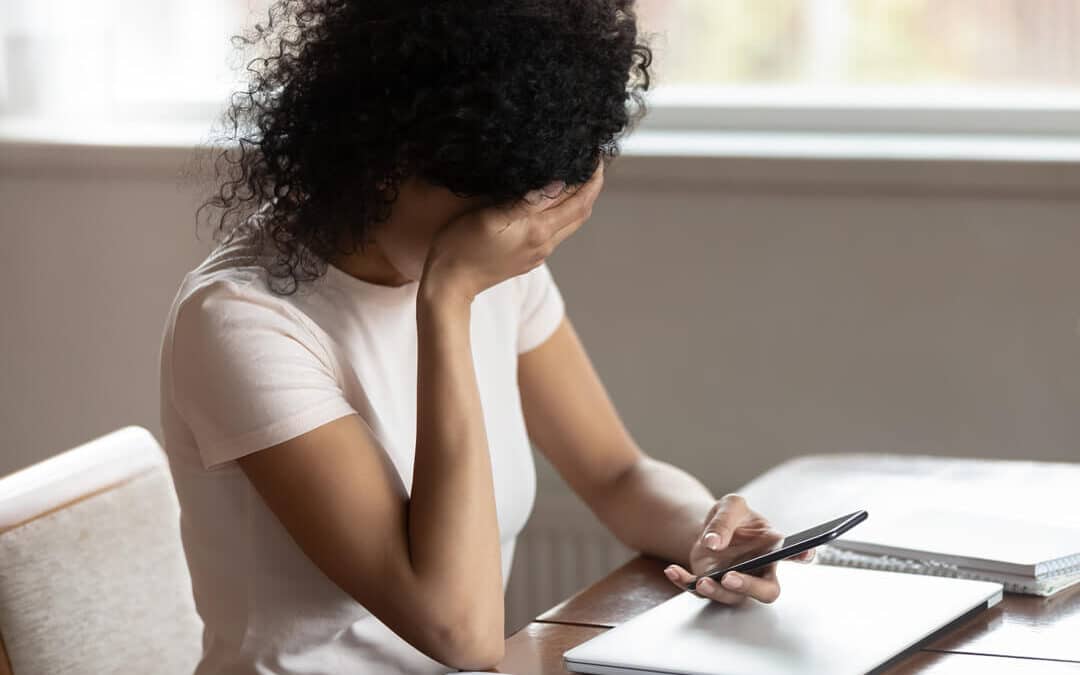Let’s face it, one of the worst parts about delinquent debt is the constant creditor harassment about to pay your debt. You know the creditor wants its money and you really want to pay. Unfortunately, you may not have the exact amount that is owed. You try to explain to the collector that you do not have the exact amount at that very moment. Nonetheless, many creditors take debt collection to the extreme and harass you relentlessly.
Filing for bankruptcy relief can provide you the needed breathing room to reorganize your debt and stop creditor harassment during this time. The bankruptcy law has very specific protection against such harassment. Unfortunately, even after filing for bankruptcy relief, you may have a few creditors that do not abide by the bankruptcy law.
There are certain things you should know after filing for bankruptcy protection.
Creditor Protections During Your Bankruptcy
When you file bankruptcy, an automatic stay takes immediate effect. The automatic stay is a very powerful legal tool that prohibits your creditors from continuing its debt collection efforts against you. This means that creditors cannot contact you for debt payment and cannot begin or continuing legal action against you. Furthermore, the automatic stay requires the creditor to immediately cease all debt collection efforts including repossession or wage garnishment.
After you file for bankruptcy protection, written notice is transmitted to all of the creditors listed in your bankruptcy case. This written notice also informs the creditors of the automatic stay. Most creditors respect the automatic stay. Unfortunately, some creditors will disregard the automatic stay.
If a creditor contacts you after the bankruptcy case is filed, you should consider taking the following action:
- Immediately advise the creditor that you filed for bankruptcy. In some instances, the creditor may not have received the notification from the bankruptcy court. Do not argue with the creditor.
- Keep records every time the creditor contacts you. The record should include the date of the contact, the method of contact (phone call, letter, etc.), and the content of the contact..
- Contact your bankruptcy lawyer after you speak with the offending creditors. Share any records you have of the harassment.
- If the creditor willfully violates the automatic stay, the creditor may have to pay you damages for the harassment and pay your attorney fees for making the creditor abide by the bankruptcy law.
Creditor Protections After Your Bankruptcy
Once you complete bankruptcy, the automatic stay ceases and a discharge of your liability takes its place. The discharge is even more powerful than the automatic stay because you are legally relived of your liability of any remaining debt. This means that, by court order, you never have to repay the debts that are discharged. Debt collectors are forever prohibited from collecting or attempting to collect trying to collect on the discharged debt. Any creditor who continues to collect on one of your discharged debts violates federal bankruptcy laws.
If this happens to you, contact a bankruptcy lawyer to assist you. In some instances, the lawyer may file a lawsuit against the creditor.
Getting Help Fighting Creditor Harassment
Sadly, creditor harassment occurs during and after bankruptcy. Fortunately, the law provides a remedy for you during all stages of the bankruptcy process. However, to receive these protections, you must take action against the creditor that harassed you. An experienced bankruptcy attorney can help you and hold the creditor accountable for its actions.
Brock & Stout’s bankruptcy lawyers have over 25 years of experience helping clients successfully battle creditor harassment. Contact us today for a free evaluation of your situation to see if we can help protect you.

